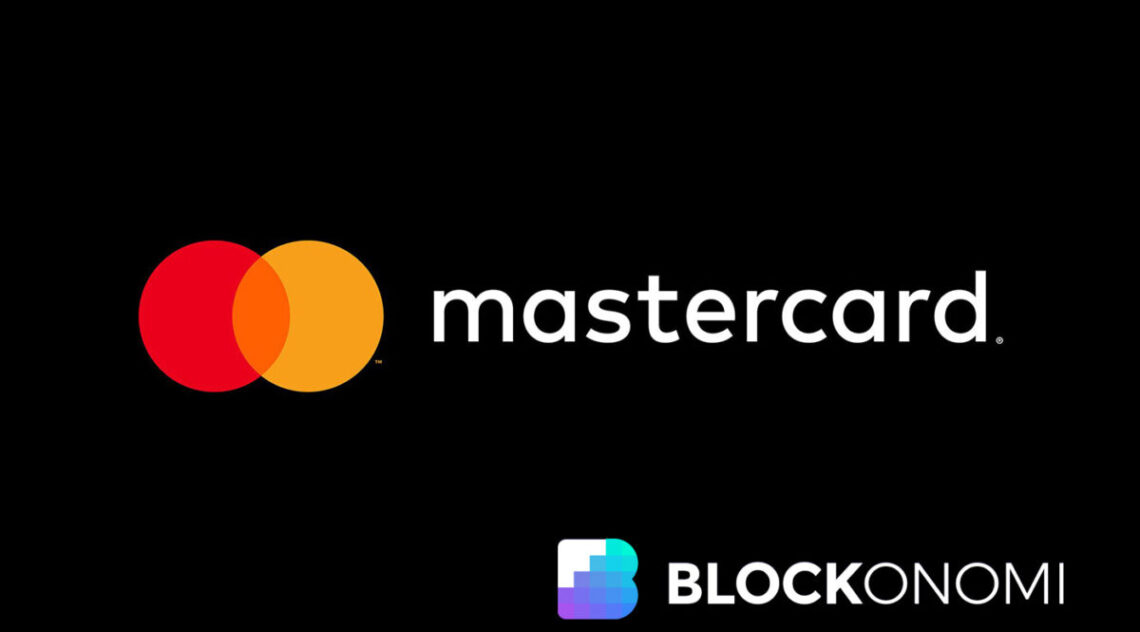
Mastercard, the global card issuer and payment giant, is looking to team up with self-custody wallet providers to expand Web3’s reach. The two leading wallets, MetaMask and Ledger are among its strategic partners.
According to reports, Mastercard said that the collaborations could bring benefits to the card issuer and the cryptocurrency wallets. Data shows that Mastercard has over 1 billion credit cards in circulation worldwide.
That said, working with Mastercard helps wallet partners gain access to its large and established customer base while Mastercard could improve customers’ experience by offering them more crypto-related payment options.
Apart from these advantages, collaborations can also help to accelerate the adoption of Web3 and cryptocurrencies. MasterCard and its issuance partners can help crypto wallet firms overcome resource constraints by providing essential infrastructure and expertise.
Mastercard Looks to The Future of Finance
The payments giant is also exploring innovative ways to make launching cards globally easier and more affordable, using stablecoins and inexpensive fast chains.
MetaMask and Ledger have reportedly worked with the leading online payment service PayPal to support off-ramps. This enables users to convert their cryptocurrencies from supported wallets into fiat currency.
Hardware wallet maker Ledger has introduced its new recovery service today. But the firm faced criticism as many crypto members argue it undermines the company’s commitment to privacy and security.
Payment Giants Bet on Crypto Regulation
Earlier this year, prominent U.S. payment giants, like Visa, Mastercard and American Express, encountered delays in their strategies to collaborate with cryptocurrency companies.
As reported by Reuters, the cause for this setback could be attributed to a string of collapses within the formerly acclaimed cryptocurrency sector, involving companies such as Celsius, BlockFi, and FTX. These unforeseen incidents sparked a crisis of confidence within the market.
In response to these tumultuous developments, card payment providers opted to temporarily suspend the launch of new cryptocurrency-related products and services. They sought to await a more defined legal and regulatory framework, coupled with an improvement in market conditions.
Prior to these events, Mastercard had expressed its interest in exploring payments using USDC, while Visa had declared its focus on facilitating stablecoin payments.
Everyone Wants In!
Visa and Mastercard also ventured into partnerships with cryptocurrency exchanges to offer payment cards. Binance was one of their prominent partners.
In 2020, Binance and Visa teamed up to launch a cryptocurrency Visa debit card, complete with a cashback feature for residents of the European Economic Area. However, both of these financial giants cut ties with Binance under the weight of stringent regulatory pressures.
American Express, another leading player in the payment industry, announced in 2021 that it was exploring the potential of using cryptocurrency for redeeming rewards points. But later, the card company clarified that cryptocurrency was not an immediate focus for their operations.
Regulatory uncertainties have been challenging institutions to integrate cryptocurrency into their services. However, changes are happening as we’re nearing the end of 2023.
In September, Visa announced the expansion of its stablecoin payment capabilities to include Ethereum and Solana blockchains. This particular move marked a significant milestone within the payment segment of the Solana blockchain. The goal is to expedite cross-border payments and provide customers with a stablecoin-based payment method.
The increasing interest of payment giants in crypto could be a sign that companies are betting on the future of the crypto sector with applicable laws and regulations. The Markets in Crypto-Assets (MiCA) regulation is one example of a comprehensive regulatory framework that is set for 2024.
MiCA would regulate a wide range of crypto activities, including exchanges, wallets, and stablecoins.